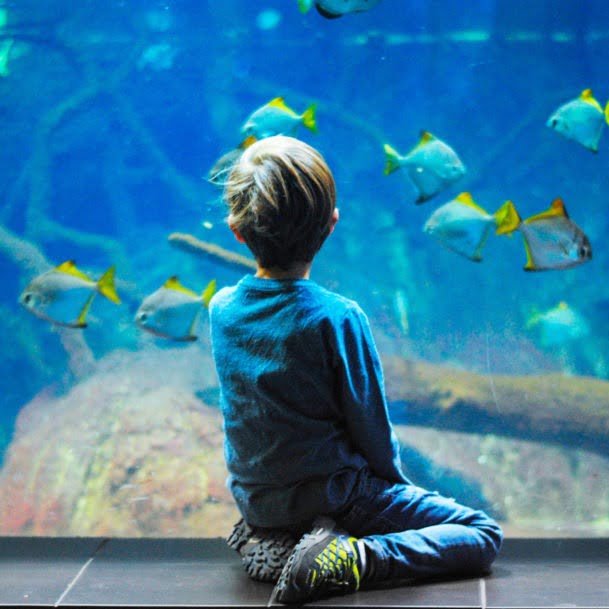New children arrive to bring changes to the existing structure of our society. We live in a society that wants to solve issues as quickly as possible and to control things without seeking to understand the root of the problem. This society—full of stress, pressure and failed relationships—does not interest new children. They belong the generation following the indigo children, who seek to open the world to greater consciousness. Here is a relevant question: What if hyperactivity were primarily a sign of boredom, anxiety, avoidance, intense fatigue, obsession, significant distraction…? For example, what if your child were afraid of the bullying that takes place in the school yard and developed a significant attention deficit due to stress. Why do we not take the time to seek out the cause of this hyperactivity or this attention deficit? It is as if your child were a very powerful computer, and one of its programs has been affected.
If we continue to expose our children to the microwave energy from electrical devices, which overload the central nervous system and release adrenaline, dependency and performance will eventually weaken their left brain (the learning brain). At school, an overloaded left brain makes it difficult to retain information, to pay attention and to engage in active listening. Children also slowly lose consciousness of their bodies. As a result, they have difficulty remaining present and engaged. Young children become increasingly sensitive. They feel everything going on around them. They are distracted by the need to process all the information produced by the other children in their class, by the conversations of their parents, etc. They are very telepathic. Their brains receive more information than they can process. This is one of the reasons why the ability to concentrate soon fades. These children do not want to enter the existing social structure. They see adults who are sad, stressed, anxious and sick. They seek to keep their love of life and their inner child alive despite this stressful existence. They grow up with very little room to balance their nervous system and their emotions. Everything fills up very quickly.
Where are our children’s relief valves
Break out of your established routine and show some imagination!
- When they arrive home from school starving, offer them healthy snacks (vegetables) so they can maintain balance. On a full stomach, they will be relaxed and attentive.
- Take an interest in them in order to nourish their spirit. Ask them to tell you about their day in the form of a story! Focus on a specific element in the story of their day. For example, “Did your friend Mathew finish his lunch?” or “How was he doing today?”. With these little questions, you open doors to the details of their day and you gain access to their world.
- What better surprise for a child than to be able to jump into a bathtub full of bubbles after school! You will automatically release the stress and emotions of their day before sitting down at the supper table…
- Prepare meals in a joyful atmosphere… play music, cook with your children, make it a magical experience…
- Include a game in your family’s evening plans! Be creative and give voice to your inner child.
A brain will be more receptive to collaboration when you offer it pleasure or when it anticipates pleasure. Once stimulated, it will produce all the dopamine it needs to get through the day. When your brain associates an activity with a reward, it naturally stimulates all the senses and provides the endurance and perseverance necessary to reach its goal. So clearly, your children need the sense of anticipation provided by a reward. But beware of rewards that can foster dependency.
As parents, our role is to give these young children a foundation of emotional security and to make them more conscious and mature. Let them make choices, because they have a very good idea of what they want and of what they want to become.
To help ensure that you allow your amazing little beings to release all the light inside them, I offer the following workshops

